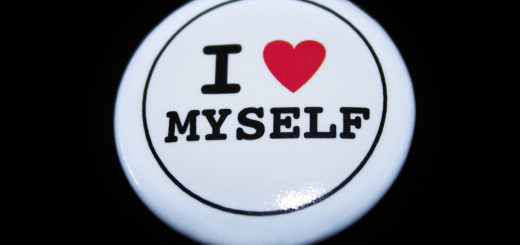Everything I’ve learned in 10 years of managing social media, in 10 points
All right, more like 8.6 years, but “10 in 10” sounds catchier. Here are #1-5. Check in next week for #6-10.
- Always assume the mic is hot.
The best way to inadvertently post that hilarious/trenchant personal update to one of your employer’s corporate accounts, is to stay logged into them. That may be unavoidable, since some networks require you to log in as yourself if you want to manage corporate accounts. Luckily, you can publish updates through dashboards such as Sprout Social, removing the need to log in directly anywhere. You’ll still need to log in when dealing with crises, but remember to log out as soon as you’re finished. It can be annoying, but it’s the best insurance against the many unfortunate examples of people who thought otherwise. - You’ll never please everyone.
This should be obvious, but eludes many people: you can’t be everyone’s friend. No matter what you say, provided you have a large enough audience, someone is going to be displeased. This doesn’t mean you need to apologize to everyone or have a social media presence so bland it would put codeine to sleep. It means you need to accept that communications – like life – is not about universal approval. - Authenticity means being authentic.
You can be authentic, or you can be corporate. You can’t be both. Authenticity is hard. It means doing uncomfortable things such as not ignoring awkward questions online, using ordinary language and having opinions. Your corporate communications policy may use the word “authenticity,” but unless your accounts actually sound like a human being, you’re doing it wrong. - Ignoring a problem sometimes works. Sometimes.
Ignoring a problem isn’t always a bad idea. I’ve seen plenty of small fires burn out because nobody gave them oxygen (attention). It’s difficult to predict which fires will grow if you leave them alone. It takes a finely-tuned sixth sense for drama, to be able to predict what’s going to fester and what’s going to evaporate. You’ll need to assess the risk of saying nothing, which means identifying the active participants, looking at your history and precedents, and assessing the potential reputational impact if the issue spreads. - Be careful if you let legal drive the bus.
Lawyers are an essential part of business operations. However, being trained in the art and science of identifying risk, they tend to make recommendations based on that, which can lead to paralysis: when all we see is risk, we tend to shut down or take a very long time to act.
This becomes a problem at times such as crises, when the delay in not responding publicly might outweigh the risk of taking days to vet a response.
You never want to be in a position where you have to say “Well, I didn’t do what legal said…,” and then find yourself out of a job or in court. One way to manage this, is to have protocols for crises and other communications that all parties agree to. They can detail expectations for how long you’ll take to respond in a crisis, what behaviour will get a user blocked on your channels, etc.






1 response
[…] #6-10, as promised. See last week’s post for points […]